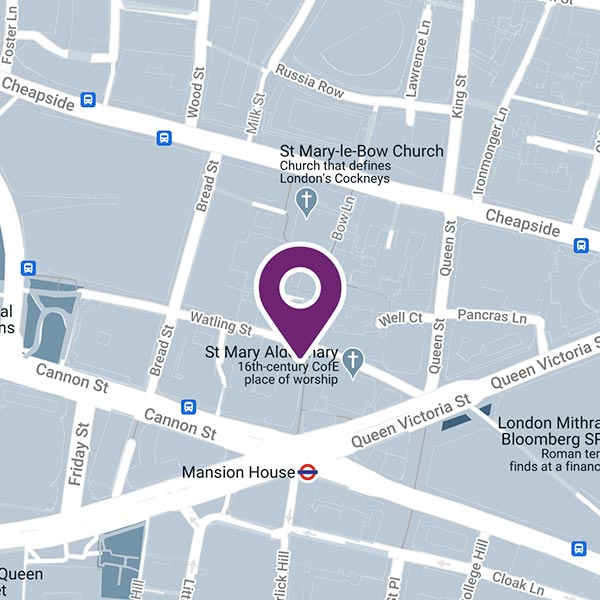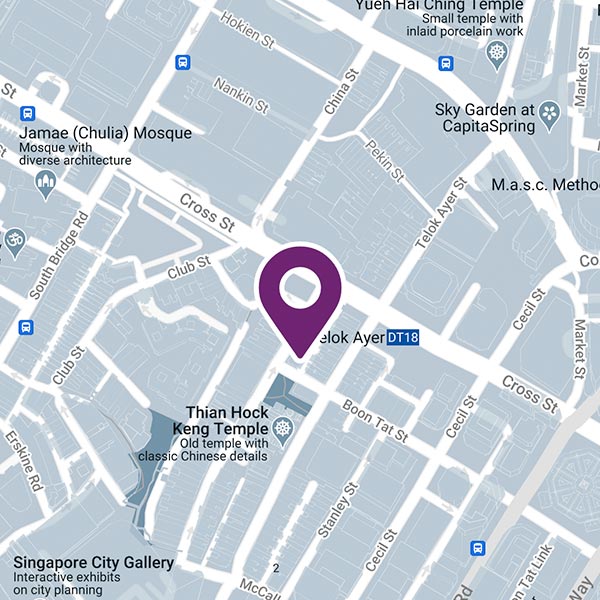As hackers become more sophisticated, Chief Information Security Officer’s (CISO’s) have new responsibilities to safeguard the data and security of their companies. In addition to technical expertise, they must have business acumen and strong communication skills to inform top executives and board members about cyber risks and best practices.
Recent years have seen a rise in cyber-attacks and data breaches, underscoring the importance of an effective chief information security officer (CISO) in the insurance industry. In the wake of the Covid-19 pandemic and increased remote work, the CISO's role has never been more critical. In the insurance industry, in particular, CISOs must adapt to the changing demands, manage security across a distributed network and ensure that data remains secure. They are now responsible for ensuring compliance with regulatory requirements, educating employees and informing executives about cyber security risks.
In 2022, Black Kite, a cybersecurity research firm, warned that the COVID-19 pandemic has created a perfect storm for cybercriminals to exploit. According to its latest Cyber Insurance Risk report, 82% of the largest insurance carriers have been the focus of ransomware attacks from cyber criminals.
“The sheer amount of data generated in the Insurance industry makes the effort more worthwhile to cyber criminals,” said Jeffrey Wheatman, senior vice president at Black Kite. “Insurance companies tend to be larger organisations that can’t afford downtime. Imagine the outrage if a healthcare insurer could not pay claims or approve medical treatments for an extended period. As a result, they’re more likely to pay a ransom.”
The growing threat of cyber-attacks has highlighted the need for reassessment and strengthening of cyber security strategies among insurance companies, particularly in the wake of the Covid-19 pandemic when many employees are working remotely, making them more vulnerable to cyberattacks. As a result, the role of a Chief Information Security Officer (CISO) in the Insurance industry has evolved to become even more critical.
One of the biggest challenges for CISOs in the Insurance industry is the increasing sophistication of cyber-attacks. Hackers have become more skilled at using social engineering techniques to gain access to sensitive information, and they are constantly developing new tactics to bypass security measures. CISOs must stay abreast of the latest threats and technologies to ensure their organisation's security protocols are up-to-date.
"CISOs can no longer rely only on their technical knowledge alone to respond to cyberattacks of the magnitude you see today, nor is cybersecurity the concern of only the information technology teams anymore," wrote Sriram Tarikere in a Forbes article.
"A CISO is now more involved in the overall cyber risk management of the company, mitigation of risks and the decision-making process. The CISO is now closely aligned with C-level executives and the Board of Directors to keep them informed about cyber security risks and initiatives to mitigate the threat," he added.
Another challenge that CISOs face is the need to balance security with the need for flexibility and agility in remote work environments. Employees now work from home, using personal devices and unsecured networks, making it more challenging to enforce security protocols. CISOs must ensure that their employees follow security best practices, such as using secure VPNs and avoiding clicking on suspicious links.
In other words, CISOs must work closely with other departments, including IT, Legal, and Compliance, to ensure that security policies and procedures are aligned with regulatory requirements. They also collaborate with external partners, such as cyber security firms and insurance brokers, to share information and best practices.












